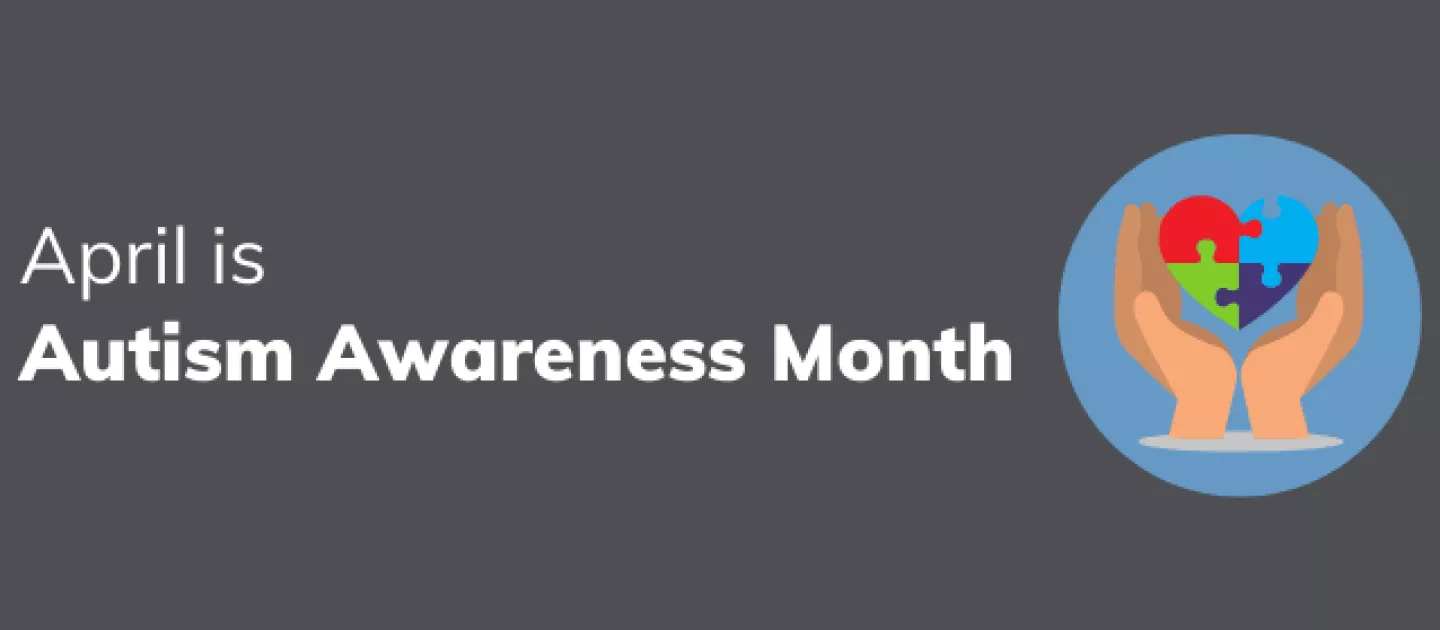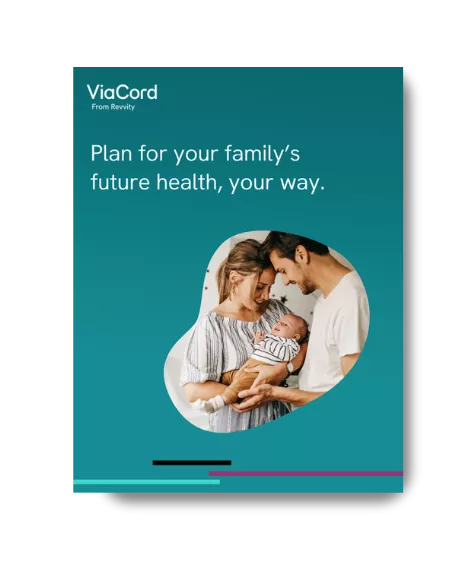Join us this April while we celebrate Autism Awareness Month and help light up the world with kindness! Every April, autism advocates are dedicated to spreading knowledge about it and creating a world where people with autism can reach their full potential. At ViaCord, we like to show our support by raising awareness about autism and the ongoing research using cord blood and tissue stem cells in clinical trials to help children who have it.
Understanding Autism
Autism, or Autism Spectrum Disorder (ASD), comes in many forms. Autism is a lifelong developmental disability that refers to a wide range of conditions in which a person experiences challenges associated with social skills, repetitive behaviors, speech, and nonverbal communication. Because it affects everyone differently and in different degrees of severity, it is referred to as a spectrum disorder. People with autism can also have sensory and medical issues like gastrointestinal (GI) disorders, seizures, or sleep disorders. It can also be associated with mental health issues like anxiety, depression, and attention issues. While some people with autism are highly functional and independent, others have varying needs of support and care.
If characteristics of autism vary from person to person, you may wonder how doctors can diagnose it. Autism is normally diagnosed by a pediatrician within the first 3 years of a child’s life through an evaluation of behavior and developmental milestones. Some developmental delays associated with autism are prevalent in children as young as 18 months. The Centers for Disease Control recently announced that 1 in 54 kids in the U.S. are diagnosed with Autism each year. This incidence rate is up from 1 in 59 kids, making autism awareness more important than ever.
Scientists aren’t exactly sure what causes autism, but they do know it’s a result of a combination of genetic and environmental factors. For families and people living with autism, furthering research is crucial to help us discover the exact causes of it. Because there is no cure, doctors look to a variety of ways to help treat autism through symptom management or skill development.
Treating Autism
There are no cures for autism, however early intervention and a variety of therapies are designed to help improve daily life for people with it including: speech therapy, sensory therapy, occupational therapy, and behavioral therapy. Because challenges associated with autism are variable, there isn’t a ‘one size fits all approach’ when it comes to treatment. Regardless of the type of treatment plan that is created for each individual, it’s important to know that early intervention plays a critical role in improving learning, communication, and social skills in people with autism.
In recent years, scientists and researchers have started to explore a potential new therapy using umbilical cord blood and cord tissue stem cells.
Researching Cord Blood and Tissue Stem Cells for Autism
Why are researchers excited about cord blood and cord tissue stem cells when they talk about autism? They have some pretty unique qualities when it comes to being able to help heal and repair the body.
Scientists are especially excited about a new era of medicine, known as regenerative medicine. In regenerative medicine, stem cells are used to help repair or replace damaged tissues and organs inside the body. Researchers hope that cord blood and tissue stem cell properties will address causes of degeneration and dysfunction associated with autism.
What Has the Research Discovered So Far?
Duke Medical University is at the forefront of a lot of exciting research using cord blood and tissue stem cells. Let’s take a look at what’s been going on:
Cord Blood Research:
In 2017, results from a Phase I Clinical Safety Trial published in Stem Cells Translational Medicine showed it was safe to infuse a child with autism with their own cord blood stem cells. Many ViaCord families participated in this trial and one family’s experience was featured on national tv. Watch their story below:
Since the results have been released, scientists have discovered additional insights related to electroencephalography (EEG) biomarkers and white matter. The new insights show cord blood infusions may have contributed to certain clinical improvements in children with Autism.
Phase II of this clinical trial wrapped up at the end of 2019, and the data is currently being analyzed. Published results will determine if there’s a benefit from an infusion of a child’s own cord blood or an unrelated donor cord blood in children with autism.
Cord Tissue Research:
In addition to research using cord blood stem cells, Duke University is also studying how cord tissue stem cells might help children with autism. A Phase 1 Clinical Trial determined cord tissue infusions every two months in children with autism is safe. A Phase II Clinical Trial started in the Fall of 2019 with the purpose of determining the effectiveness of cord tissue stem cells in improving communication abilities in children with autism.
Please note: The current Duke study is sourcing mesenchymal stem cells processed from Duke’s repository of donated cord tissue.
Seeing this research brings new hope to how cord blood and tissue stem cells can be used in the treatment of autism. If you want to learn more about autism and how cord blood and tissue stem cells are being used in treatment for it, visit our website. For the latest clinical trials using cord blood, visit clinicaltrials.gov
Follow us on Facebook, Twitter, and Instagram to join the conversation and stay up-to-date on cord blood & tissue, genetics, pregnancy, and everything in between!
Disclaimer:
Banking cord blood does not guarantee that treatment will work, and only a doctor can determine when it can be used. PerkinElmer does not endorse or make recommendations with respect to research, medication, or treatments. All information presented is for informational purposes only and is not intended as medical advice. For more details and references, please visit viacord.com
References:
Autism Speaks. What is Autism? https://www.autismspeaks.org/what-autism
CDC. What is Autism Spectrum Disorder? https://www.cdc.gov/ncbddd/autism/facts.html











